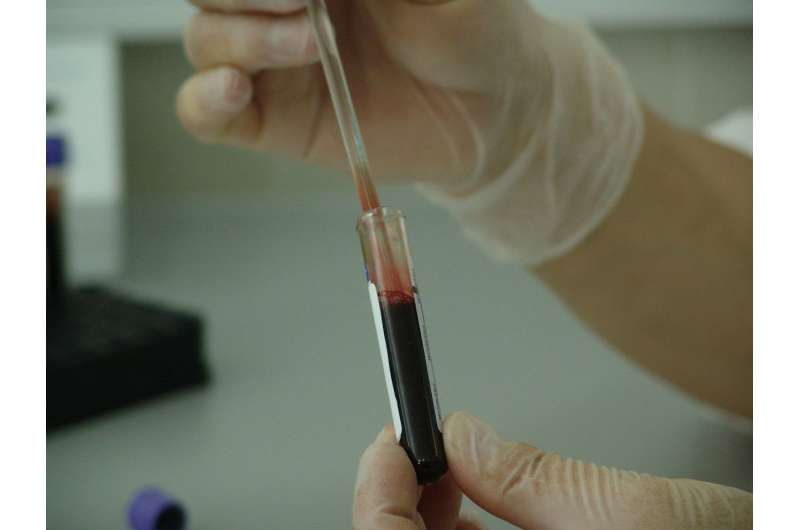CDC Advisory Panel Restricts MMRV Vaccine Usage and Delays Hepatitis B Vaccination Decision

Recent CDC advisory panel decisions restrict the use of the MMRV combination vaccine for young children and delay the hepatitis B vaccination protocol, raising concerns about public trust and vaccine safety.
In a recent meeting, top vaccine advisors appointed by Health Secretary Robert F. Kennedy Jr. voted to restrict the use of the combined MMRV vaccine, which offers protection against measles, mumps, rubella, and chickenpox. The advisory committee recommended that children should not receive the MMRV vaccine before the age of four. Instead, they advised administering separate MMR and chickenpox vaccines to younger children. The decision, made by an 8 to 3 vote with one abstention, aims to provide clearer guidance and minimize potential risks. Committee chair Martin Kulldorff emphasized that the move is intended to ease public concern and eliminate unnecessary harms.
One key point discussed was the rare occurrence of fever-related seizures in toddlers following the first dose of the MMRV vaccine. Experts clarified these seizures are generally not linked to long-term health issues. Nevertheless, the decision has prompted criticism from many pediatricians and health officials, who warn that it could lead to confusion among parents and undermine trust in vaccination programs. Dr. Susan Kressly, President of the American Academy of Pediatrics, expressed concern that this change may cause chaos and misinformation.
Merck, the producer of the MMRV vaccine ProQuad, defended its safety record, highlighting that the vaccine has been extensively studied and has helped families maintain immunization schedules effectively. Infectious disease specialist Mike Osterholm added that the situation with MMRV has been managed safely for years and that the vaccine provides an important option for healthcare providers and parents.
Meanwhile, the committee deliberated on the hepatitis B vaccination protocol for newborns. Since 2005, U.S. guidelines have recommended that infants weighing at least 4.4 pounds receive their first hepatitis B shot within 24 hours of birth, achieving up to 95% effectiveness at preventing chronic infections. This has led to a significant decline in infant hepatitis B cases. Some panel members proposed delaying the birth dose unless the mother tests positive for hepatitis B, while others strongly opposed this idea. Dr. Cody Meissner affirmed the vaccine's safety and questioned the benefit of postponing the initial dose. A final decision on hepatitis B vaccination policies is expected soon, alongside discussions on COVID-19 vaccines.
Experts warn that questioning long-standing vaccine practices could fuel mistrust and decrease vaccination rates, potentially leading to the re-emergence of preventable illnesses. Malicious misinformation and doubts about vaccine safety pose ongoing risks to public health. For further details on the MMRV vaccine, visit the CDC’s official information page.
Stay Updated with Mia's Feed
Get the latest health & wellness insights delivered straight to your inbox.
Related Articles
Early Detection of Liver Transplant Complications Using Blood Tests to Prevent Organ Failure
A novel blood test analyzing circulating DNA can detect early liver transplant complications, enabling personalized treatment and preventing organ failure.
FDA Approves Zoryve Cream for Treating Atopic Dermatitis in Young Children
The FDA has approved Zoryve cream for treating mild-to-moderate atopic dermatitis in children aged 2 to 5, offering a non-steroid topical option backed by clinical trials showing rapid symptom improvement.
Innovative Models Improve Surgery Scheduling and Capacity Management
New modeling approaches enhance surgery scheduling, reduce hospital congestion, and optimize resource use in healthcare facilities, leading to better patient outcomes and lower costs.



